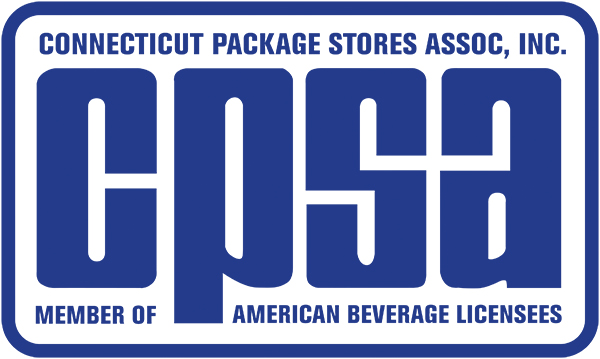
By Carrol J. Hughes, Executive Director, Connecticut Package Store Association
STATE BUDGET SOLUTION NOT REACHED BEFORE DEADLINE

Carroll J. Hughes, Executive Director, Connecticut Package Store Association
The legislature will now begin a special session to arrive at a solution to the 2018-2019 biennial budget, which is facing a $5 billion deficit.
One reason a budget resolution was not reached by the June 7th deadline was that state employee concessions negotiated by the Governor could not be voted on for approval until early to mid-July. Several unions have to approve the contract in order for the agreement to be ratified. If a certain number of them do not approve, the agreements would be invalid and the savings could not be factored into the budget. Republicans have indicated that they do not feel the concessions negotiated with the unions garner enough savings. They were looking for close to $1.1 billion per year, instead of the approximate $700 million next fiscal year and $850 million in the Governor’s 2018-2109 concession package.
Negotiations between Republicans, Democrats and the Governor are expected to take place over the period from June 12 through mid-July. There is strong speculation that the actual budget vote could extend into September, as vacation schedules and other factors make a budget deal more elusive than it has been in more than 25 years.
In the meantime, if a budget is not passed by the beginning of the new fiscal year on July 1st, the Governor is required to run the state under the existing budget, which is experiencing an $800 million revenue shortfall due to a dramatic decline in income tax receipts. This will cause many additional problems as the administration will hold back payments to providers and reduce agency expenses in an effort to keep the state operating within existing resources.
MINIMUM BOTTLE NOT EXPECTED TO BE IN BUDGET
Although it is has been aggressively pushed by the Governor, the elimination of minimum bottle pricing is not expected to be included in the budget as a “revenue item.” This is due to the fact that the inclusion would result in a major loss of stores and their respective sales, income and local property taxes. A bill to eliminate minimum bottle pricing was offered by Governor Malloy in the General Law Committee, but the committee declined to move the bill forward after the outpouring of opposition at the public hearing.
Based on projections provided by the Governor, CPSA has estimated a $6-9 million sales tax revenue drop, due to the decrease in the average bottle price. It could also result in the loss of more than 3,000 employees from up to 600 stores, which would mean more than $4 million in lost income tax.
A trickle down effect would occur if these stores were to close, causing employee losses in retail, wholesale, sales, and delivery and warehouse workers. The indirect loss of service employees to the stores would further reduce income and sales tax receipts for the state. Closing stores also means a loss of rent payments and mortgages, affecting shopping centers already suffering from the rampant closures of retail chain stores as online retail marketplaces expand.
These factors and other points were presented by CPSA members and their lobbying team to legislators, who heard our concerns and acted in our favor. We thank all those who came to support retailers, wholesalers and other entities that would be affected by this potential loss at the public hearings in Hartford and other events. We will remain vigilant as budget negotiations continue.
TOTAL WINE LAWSUIT DISMISSED BY FEDERAL COURT
On June 6th, the U. S District Court for the District of Connecticut dismissed the lawsuit by Total Wine & More seeking to end the state’s liquor pricing system, including minimum bottle pricing. Chief U.S. District Judge Janet C. Hall ruled that Connecticut’s liquor pricing system cannot be pre-empted by a federal antitrust law that prohibits activities restricting interstate commerce and competition in the marketplace. She said this falls under the purview of Connecticut’s executive and legislative branches of government.
As I stated in an interview with the Hartford Courant: We think this is a good decision in properly interpreting the way the alcoholic beverage laws are crafted across the country, not just in Connecticut. With the repeal of Prohibition, the federal government gave states the power to regulate alcoholic beverages. Some states chose to control it themselves … Other states set up a system whereby they would strongly regulate all aspects of alcohol sales, which is what Connecticut did. Our state regulations were upheld by the judge.
We thank the Wine & Spirit Wholesalers of Connecticut, the Connecticut Beer Wholesalers Association and the Connecticut Restaurant Association for their efforts in fighting this lawsuit alongside the Connecticut Package Stores Association.
For more information on any of these topics and more visit CPSA online.











